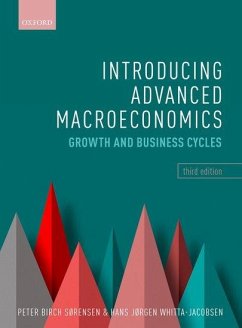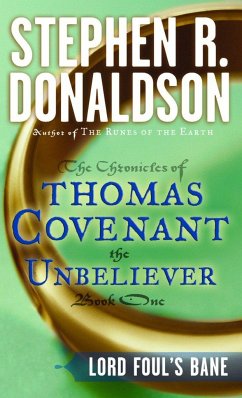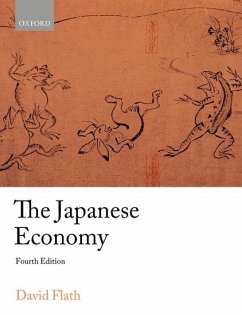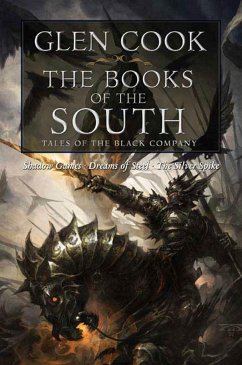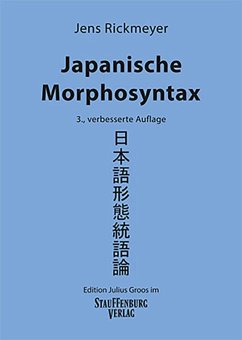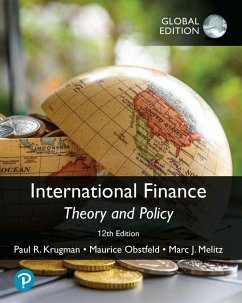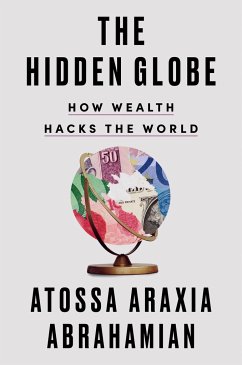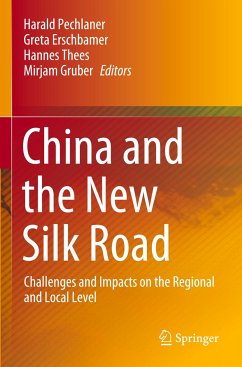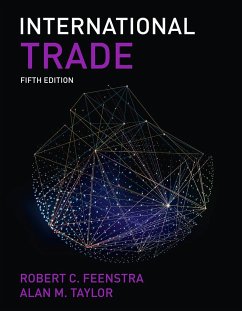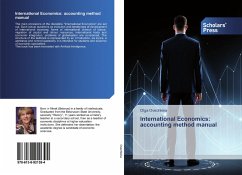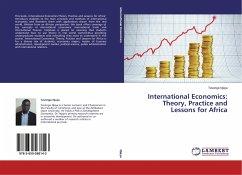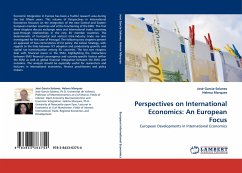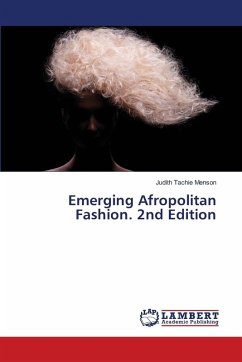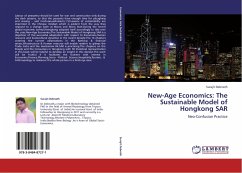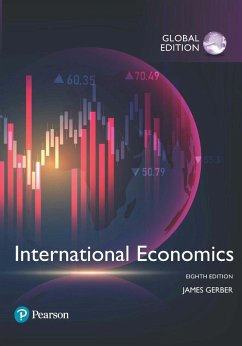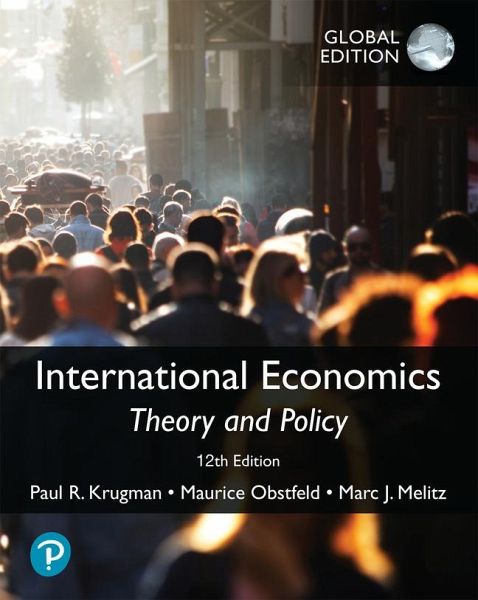
International Economics: Theory and Policy, Global Edition

PAYBACK Punkte
39 °P sammeln!
Thistitle is a Pearson Global Edition. The Editorial team at Pearson has workedclosely with educators around the world to include content which is especiallyrelevant to students outside the United States. For courses in international economics, international finance, andinternational trade. A balanced, global approach to economic theory and policyapplications International Economics: Theory and Policy providesengaging, balanced coverage of the key concepts and practical applications oftheory and policy around the world. Divided into two halves, with the firstdevoted to trade and the second to ...
Thistitle is a Pearson Global Edition. The Editorial team at Pearson has workedclosely with educators around the world to include content which is especiallyrelevant to students outside the United States. For courses in international economics, international finance, andinternational trade. A balanced, global approach to economic theory and policyapplications International Economics: Theory and Policy providesengaging, balanced coverage of the key concepts and practical applications oftheory and policy around the world. Divided into two halves, with the firstdevoted to trade and the second to monetary questions, the text provides anintuitive introduction to theory and events as well as detailed coverage of theactual policies put into place as a response. In the 12th edition,important economic developments are highlighted, with many lessons drawn fromthe recent COVID-19 pandemic experience. Using examples like these, the textequips students with the intellectual tools for understanding the changingworld economy and economic implications of global interdependence. PearsonMyLab-« Economics is not included. Students, if Pearson MyLab Economics is arecommended/mandatory component of the course, please ask your instructor forthe correct ISBN. Pearson MyLab Economics should only be purchased whenrequired by an instructor. Instructors contact your Pearson representative formore information.




